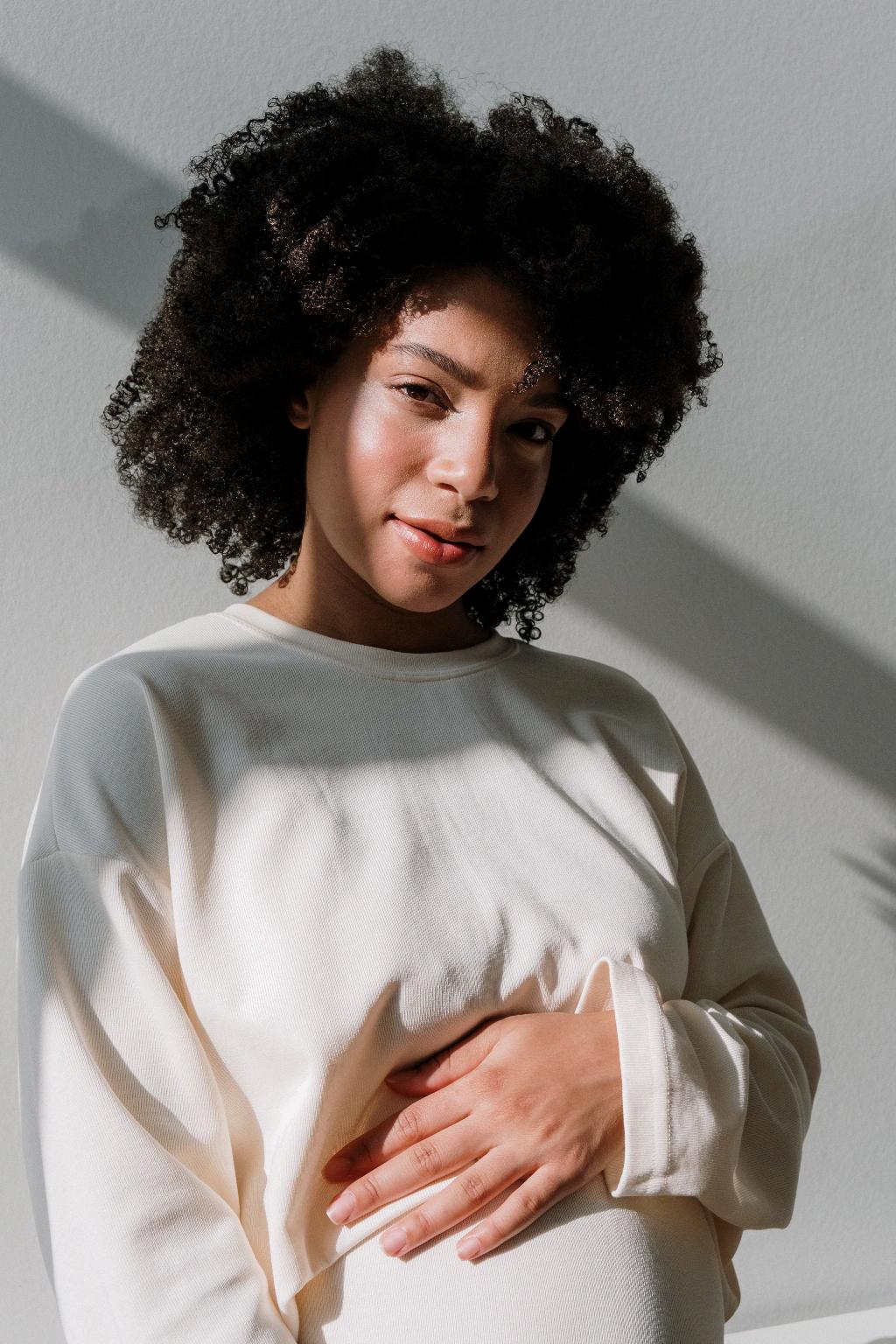Dealing with allergic rhinitis during pregnancy can be a challenging experience. Many pregnant individuals find themselves wondering how they can manage their symptoms safely and effectively without putting the health of their baby at risk. Fortunately, there are treatment options available that can help alleviate the discomfort caused by allergic rhinitis while ensuring the safety of both the mother and the developing fetus.
The Importance of Seeking Professional Guidance
First and foremost, if you are pregnant and experiencing symptoms of allergic rhinitis, it is crucial to consult with a healthcare provider before starting any treatment regimen. Your doctor can assess your specific situation and recommend the most appropriate course of action based on your individual needs and medical history.
Safe Oral Antihistamines for Allergic Rhinitis
When it comes to managing allergic rhinitis during pregnancy, certain oral antihistamines are considered safe options. Cetirizine and loratadine are often recommended as first-line treatments due to their proven safety profiles. Additionally, levocetirizine, which is an isomer of cetirizine, and desloratadine, the active metabolite of loratadine, may also be considered as alternative options.
The Role of Nasal Saline Irrigation
In addition to oral antihistamines, nasal saline irrigation can be a beneficial adjunct treatment for pregnant individuals dealing with allergic rhinitis. Saline irrigation helps to flush out allergens and irritants from the nasal passages, providing relief from congestion and inflammation without the use of medications.
Avoiding Known Allergens
One effective strategy for managing allergic rhinitis during pregnancy is to minimize exposure to known allergens. Whether it’s dust mites, pollen, pet dander, or mold, identifying and avoiding triggers can significantly reduce the frequency and severity of symptoms. This proactive approach can complement other treatment methods and help alleviate symptoms naturally.
The Role of Air Filtration
Investing in a high-quality air purifier can also be beneficial for pregnant individuals with allergic rhinitis. An air purifier can help remove airborne allergens and pollutants from your indoor environment, creating a cleaner and healthier space for you and your baby. Look for air purifiers with HEPA filters for optimal effectiveness.
The Importance of Adequate Hydration
Staying hydrated is essential for overall health and well-being, especially during pregnancy. Drinking an adequate amount of water can help thin mucus secretions and reduce nasal congestion associated with allergic rhinitis. Aim to drink at least eight glasses of water a day to stay properly hydrated.
The Role of Steam Therapy
Steam therapy is another natural remedy that can provide relief from nasal congestion and sinus pressure during pregnancy. Inhaling steam from a bowl of hot water or using a steam inhaler can help moisturize the nasal passages, loosen mucus, and alleviate discomfort caused by allergic rhinitis.
Consulting with a Specialist
If your symptoms persist or worsen despite trying various treatments, it may be beneficial to seek the expertise of an allergist or immunologist. These specialists can conduct allergy testing to pinpoint specific triggers and develop a customized treatment plan tailored to your individual needs.
Embracing a Holistic Approach
Incorporating holistic practices such as meditation, yoga, and acupuncture can also complement traditional treatment methods for allergic rhinitis during pregnancy. These practices can help reduce stress, promote relaxation, and improve overall well-being, which can positively impact your immune system and symptom management.
Monitoring Symptoms Closely
Throughout your pregnancy, it’s essential to monitor your allergic rhinitis symptoms closely and communicate any changes or concerns with your healthcare provider. Keeping track of your symptoms can help your doctor adjust your treatment plan as needed to ensure optimal symptom management and maternal-fetal health.
Final Thoughts
Dealing with allergic rhinitis during pregnancy doesn’t have to be a daunting task. By working closely with your healthcare provider, exploring safe treatment options, and adopting a holistic approach to symptom management, you can effectively address allergic rhinitis while prioritizing the health and well-being of both yourself and your baby.

